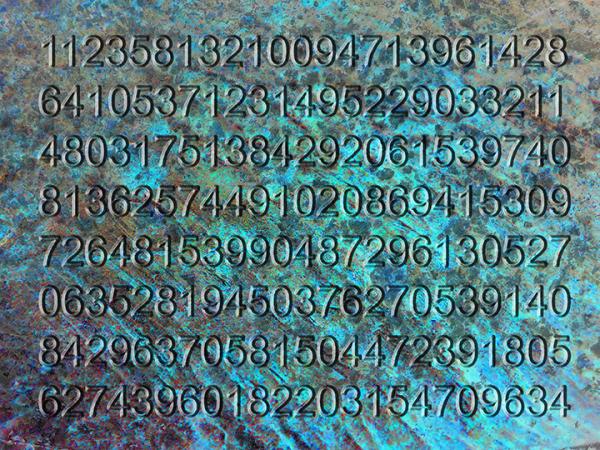BY LETTER
Quantum-random trigger
Technology > Application > Computronics
Technology > Application > Everydaytech
Technology > Technology Type or Material > Virtual/Infotech
Technology > Application > Everydaytech
Technology > Technology Type or Material > Virtual/Infotech
Also known as QRTs |
 Image from John Edds |
A quantum-random trigger is a device for producing truly random behavior.
A QRT consists of a quantum-random number generator and a computer that functions as a controller. The computer is programmed to translate specific numerical inputs into specific command outputs. For example, if the random number generator outputs twenty 5s in a row the computer outputs the command to open or close a water-pipe valve. If exactly 1,234 6s and the sequence 123149 are output within 0.01 ns, and this grouping of numbers occurs within 10 ns of the sequence 1123581321, then the computer outputs the command to have 10,000 m^3 of utility fog to flow to a different location. Such conditional-branches can have an arbitrarily-complex structure.
QRTs (Academic Anglish pronunciation "qwerts") have various applications. They are used to randomize behavior for baroquification, to choose representatives in stochocracy, and to add spontaneity to social interactions on Arugula and elsewhere. They randomize input selection, combination and processing to generate novel variation, for example creating seeds to run through evolutionary algorithms.
Related Articles
- Arugula
- Baroquification
- Evolutionary Algorithm - Text by M. Alan Kazlev
A computer program that simulates the processes biological evolution; a problem-solving system that use computational models of evolution as key elements of design. All alife, evolutionary ai and aioids, and self-evolving virchworlds are determined by evolutionary algorithms. - Stochocracy
Appears in Topics
Development Notes
Text by John Edds
Initially published on 27 September 2016.
Initially published on 27 September 2016.






